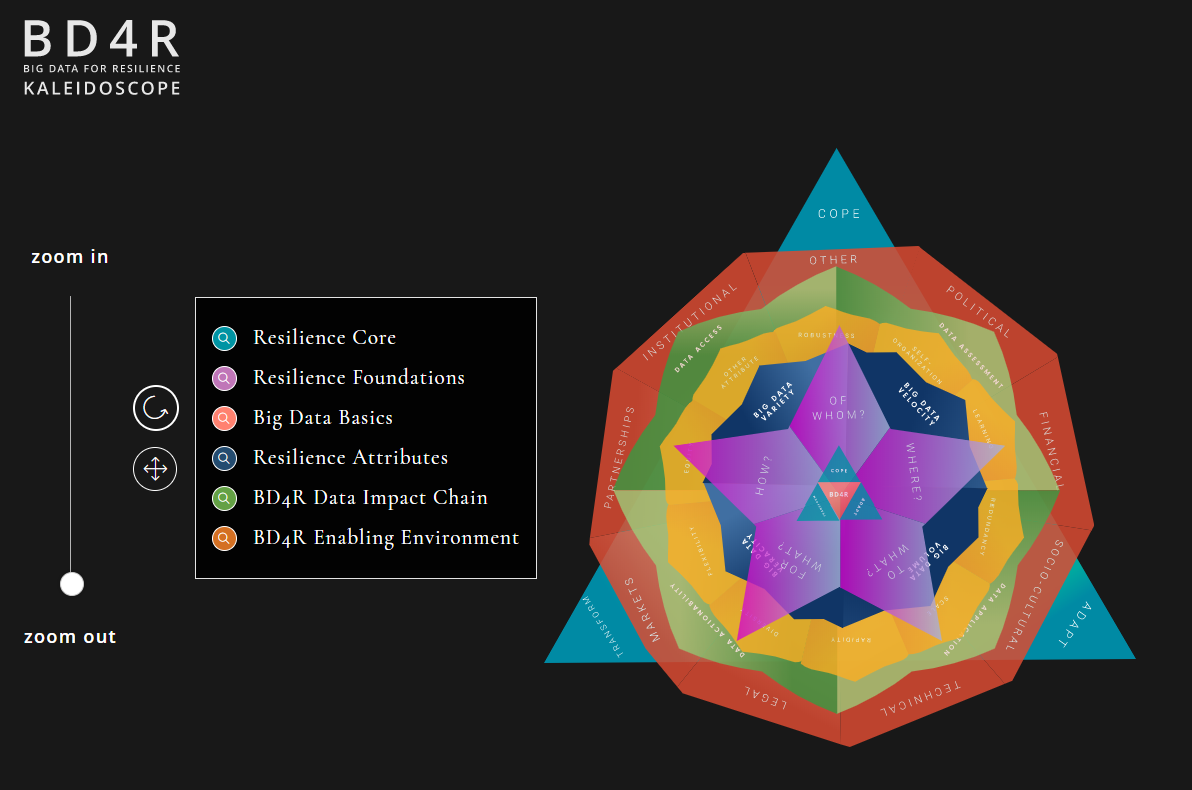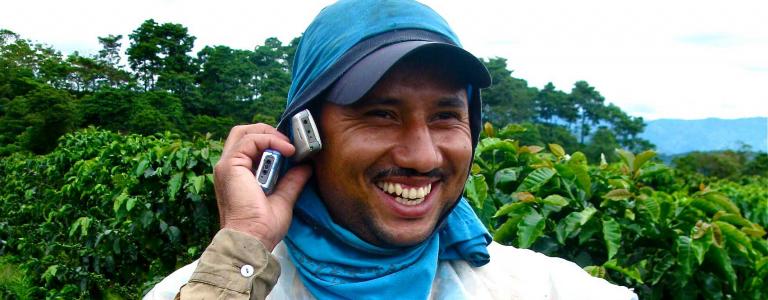Big Data for Resilience
Big Data is dramatically changing the way in which data is collected and processed. IISD's Big Data for Resilience initiative looks to bridge the gap between Big Data and resilience programming.
Big Data is dramatically changing the way in which data is collected and processed.
It offers a new angle for development practitioners to observe, analyze and use large-scale evidence related to the impacts of shocks and stressors over time, and to inform resilience-building processes.
The rapid development and adoption of Big Data present new challenges and opportunities for resilience programming. The massive amount of data being collected both passively and opportunistically through technology requires resilience practitioners to rethink key questions that arise from the design, implementation, monitoring and evaluation of projects.
The main purpose of the Big Data for Resilience initiative is to help bridge the gap between Big Data and resilience programming. The initiative applies a new analytical lens to understand the role of Big Data in resilience building. Through the experiences of different international organizations, the initiative explores the limitations, risks and opportunities of using Big Data to build resilience, and identifies key implications for development practitioners and decision makers.

Latest
You might also be interested in
Task Force for a Resilient Recovery
With ideas from Canada and around the world, our Task Force aims for a resilient recovery—one that delivers good jobs, is positive for the environment, and addresses inequality.
Friends of Climate and Health
The Friends of Climate and Health is an informal group of countries working to foster international collaboration on climate change and health.
Evidence on Gender, Equity, and Justice for Effective Adaptation
This project summarizes key messages on gender, equity, and justice from the latest Intergovernmental Panel on Climate Change (IPCC) report, making them accessible to adaptation practitioners.
AQUA-Pearl
A new project will help communities in Fiji build their resilience to climate change through nature-based approaches to oyster aquaculture.
